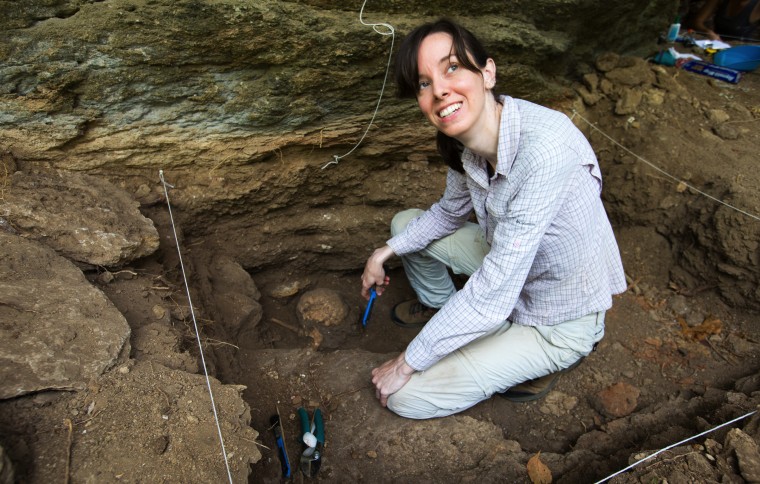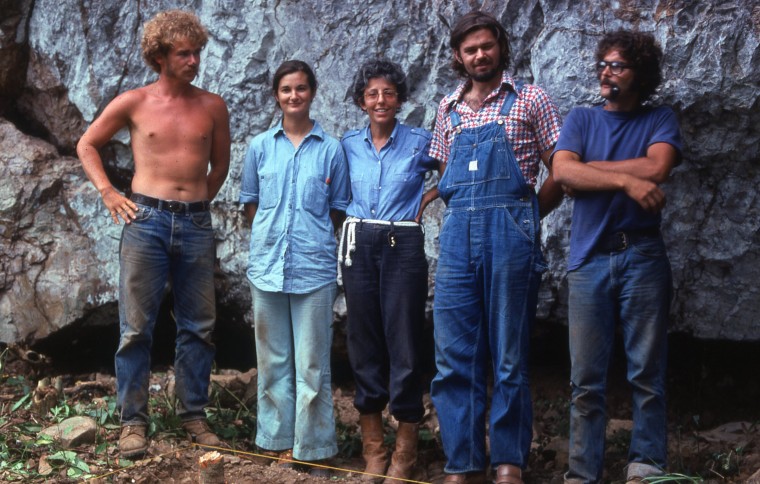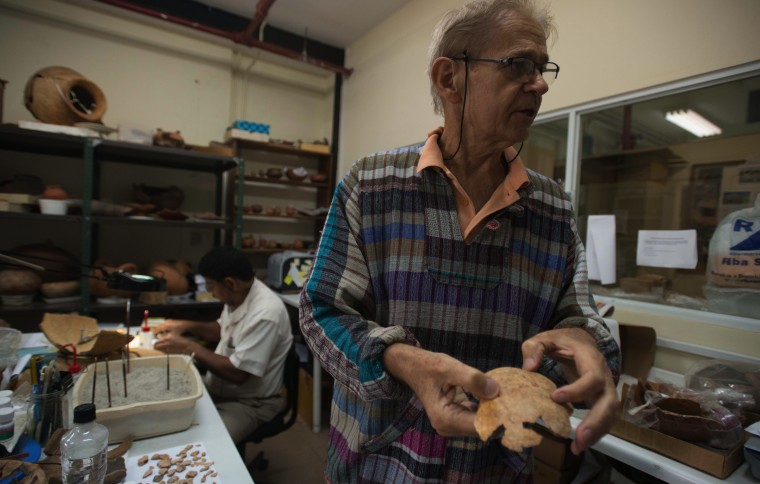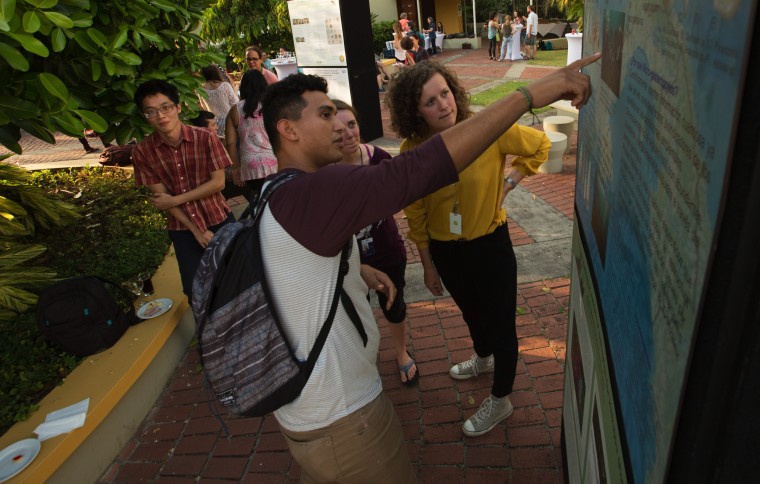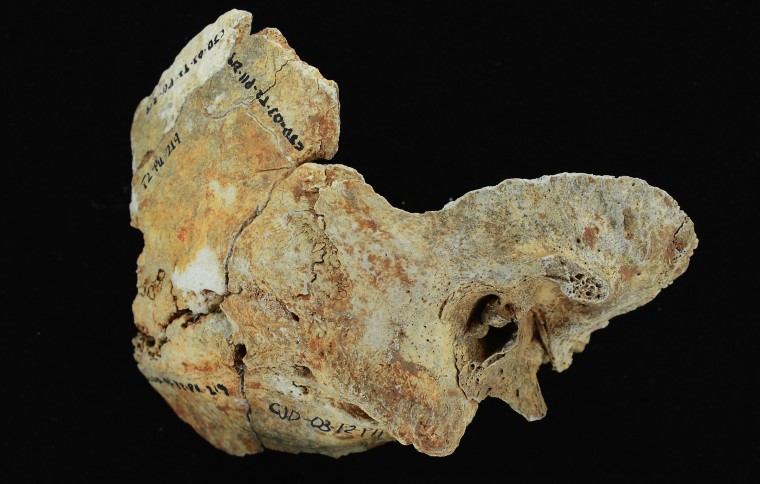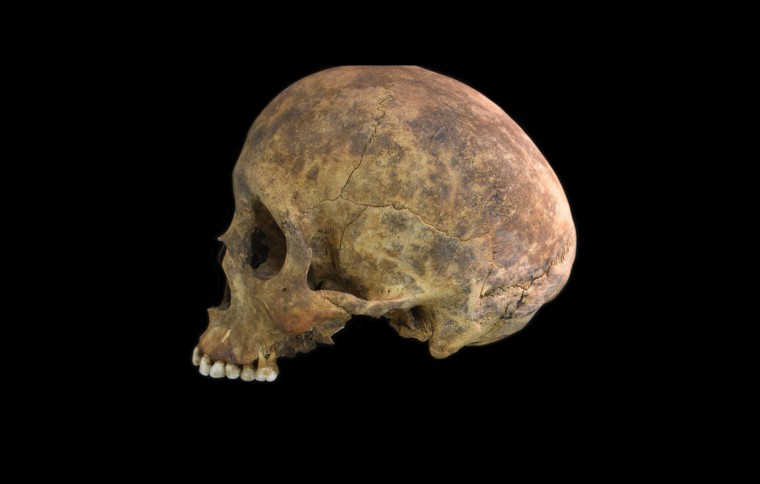Archaeology
How did pre-Columbian peoples colonize tropical habitats and develop societies with sophisticated cultural practices? Did they use resources sustainably? What were the outcomes of European colonization? How do cultural practices evolve?
Traditionally, Central America was viewed as a transit zone for people and their goods. STRI archaeologists challenge this paradigm. Taking a multidisciplinary approach — using comparative studies of animal and human bones, material culture, plant microfossil classification, and genetic and biochemical analysis — they argue that ancient settlers across the Neotropics established vibrant communities characterized by complex agricultural systems, trade relations, political organizations and artistic achievements.
